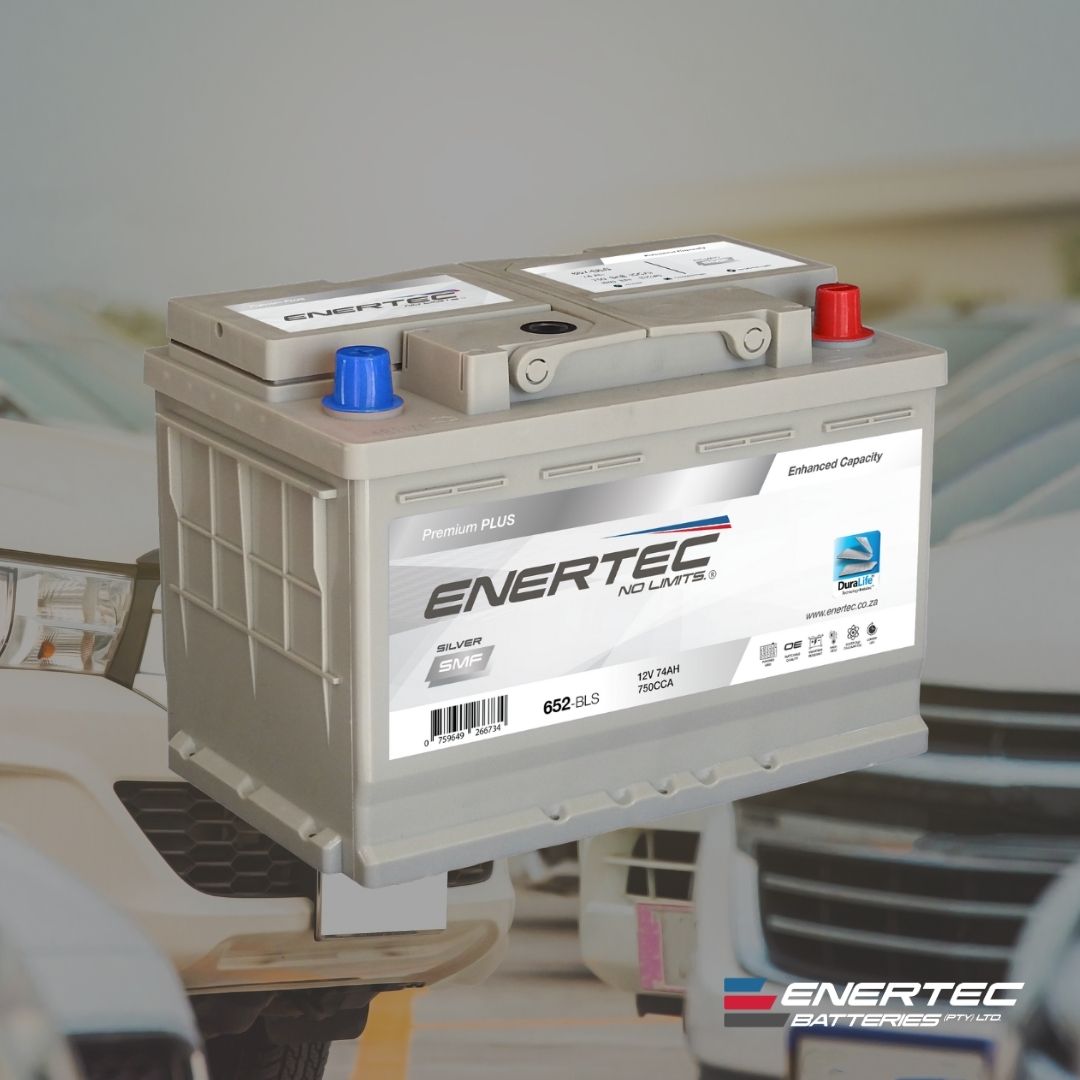2023-06-22 13:00:34
Ways In Which You Can Fund Your Solar Energy Project Without Massive Capital Outlay
Solar energy is gaining significant momentum as a clean and sustainable source of power. It offers numerous environmental and economic benefits, but many are deterred by the perceived high upfront costs.
Fortunately, there are various solar finance options available that allow you to embark on a solar energy project without a massive capital outlay. Let’s explore what solar finance is, discuss different types of solar finance options, and highlight the benefits of utilising solar finance for your renewable energy endeavours.
What is solar finance?
Solar finance refers to the financial mechanisms and strategies that enable individuals, businesses, and organisations to invest in solar energy systems without paying the entire cost upfront. It provides an avenue for accessing affordable financing options, making solar power more accessible and affordable for a wider range of consumers.
Types of solar finance options:
Solar Loans:
Solar loans are an excellent option for those who want to own their solar energy systems outright. These loans are specifically designed for financing solar projects and have favourable terms and interest rates. With a solar loan, you can spread the cost of your solar system over a set period, making it more manageable to repay. Additionally, you can benefit from the energy savings generated by the solar system, which can help offset the loan payments.
Solar finance options play a crucial role in enabling homeowners and business owners to embrace solar energy without bearing the full upfront costs of installation. Several banks in South Africa offer specialised solar finance options tailored to meet the unique needs of those interested in installing solar panels.
Wesbank, Standard Bank, and FNB are among the banks that provide solar finance solutions. Understanding the growing demand for renewable energy and offering competitive loan options are key in making solar projects more accessible and affordable.
When it comes to determining the best bank for solar financing, factors such as interest rates, repayment terms, and customer service should be considered. To secure a loan for a solar project, applicants typically need to provide documentation such as proof of income, identification, and details about the solar panel system.
Banks will assess the loan application based on factors such as creditworthiness and the projected financial benefits of the solar project. By exploring the available solar finance options and understanding the loan application process, you can make informed decisions and embark on your solar journey.
Refinancing an existing loan such as a home or business loan to fund a solar project also offers a compelling opportunity to take advantage of potential cost savings and environmental benefits. By refinancing, you can potentially secure a lower interest rate and potentially extend the repayment term, resulting in reduced monthly payments.
This frees up funds to invest in solar panels, allowing you to generate your own clean and renewable energy while potentially saving on electricity bills. Additionally, the installation of solar panels can increase the value of your home or business premises. However, it's important to carefully evaluate the financial implications and consult with a financial advisor to determine if refinancing for a solar project aligns with your individual circumstances and long-term goals.
Access to Zero Initiation Fees from Big Banks and Financial Institutions:
In addition to the traditional solar finance options mentioned earlier, there is another exciting development in the solar financing landscape. Many big banks and financial institutions are now offering zero initiation fees for second bond applications specifically for solar systems. This means that individuals and businesses looking to finance their solar energy projects can enjoy the benefits of solar finance without incurring any upfront fees.
These zero initiation fee programs are designed to encourage and incentivize the adoption of solar energy by reducing the financial barriers associated with obtaining financing. By waiving the initiation fees, banks and financial institutions are making it even more attractive for customers to invest in solar power.
Power Purchase Agreements (PPAs):
Power Purchase Agreements are an increasingly popular solar finance option, particularly for commercial and large-scale solar projects. Under a PPA, a third-party solar provider instals and maintains the solar energy system on your property. In return, you agree to purchase the electricity generated by the system at a predetermined rate over an extended period. PPAs often require little to no upfront cost and can result in immediate savings on electricity bills.
Solar Leases:
Similar to PPAs, solar leases involve a third-party solar provider who instals and maintains the solar panels on your property. However, instead of purchasing the electricity generated, you pay a fixed monthly lease payment for the use of the solar system. Solar leases typically include maintenance and repair services, making it a hassle-free option for those who prefer minimal involvement in the operation and upkeep of the solar system.
Benefits of solar finance:
Reduced Upfront Costs:
One of the most significant advantages of solar finance options is the ability to start a solar energy project without a massive capital outlay. Traditional financing methods often require a substantial upfront payment, which can be a barrier to entry for many. Solar finance options allow you to spread the cost of the solar system over time, making it more affordable and accessible.
Immediate Cost Savings:
By installing a solar energy system through solar finance, you can immediately start saving on your electricity bills. Solar power can significantly reduce or even eliminate your reliance on grid electricity, resulting in lower energy costs. The savings you generate from using solar energy can be used to offset loan payments or lease payments, enabling you to reap the financial benefits from day one.
Long-Term Financial Benefits:
Investing in solar energy not only reduces your operational costs but also offers long-term financial benefits. Moreover, owning a solar energy system can increase the value of your property,
Solar panels are viewed as a valuable asset, as they provide a reliable and clean source of energy. Studies have shown that homes equipped with solar panels tend to sell at a higher price and have shorter selling times compared to homes without solar installations. This means that your solar energy project not only provides immediate cost savings but also has the potential to deliver long-term financial returns.
Tax Benefits:
Installing solar energy systems provides significant tax benefits for both businesses and homes. Businesses can take advantage of tax incentives such as the Section 12B capital allowance, which allows for accelerated depreciation of solar system costs. This means that businesses can deduct a substantial portion, if not the entire cost of the solar system, from their taxable income, reducing their overall tax liability. For homeowners, various countries offer tax credits or rebates that can offset a portion of the installation costs. Additionally, by generating their own renewable energy, both businesses and homeowners can potentially qualify for net metering or feed-in tariff programs, allowing them to sell excess electricity back to the grid and further offsetting their energy costs. These tax benefits make solar installations financially attractive and help promote the transition to clean and sustainable energy sources.
To learn more about the latest updates on solar tax incentives, please read Enertec Batteries’ Overview of rooftop solar panel tax rebate/incentives in South Africa here.
In conclusion on how to fund your solar energy project
Solar finance options play a crucial role in promoting the adoption of solar energy by reducing the upfront costs and making it financially viable for individuals and businesses. By taking advantage of these options, you can significantly reduce the upfront costs and enjoy the immediate and long-term financial benefits of solar energy. Embracing solar finance and leveraging these initiatives, you can ensure your energy self-sufficiency and reduce the burden of load shedding on your home and business.



